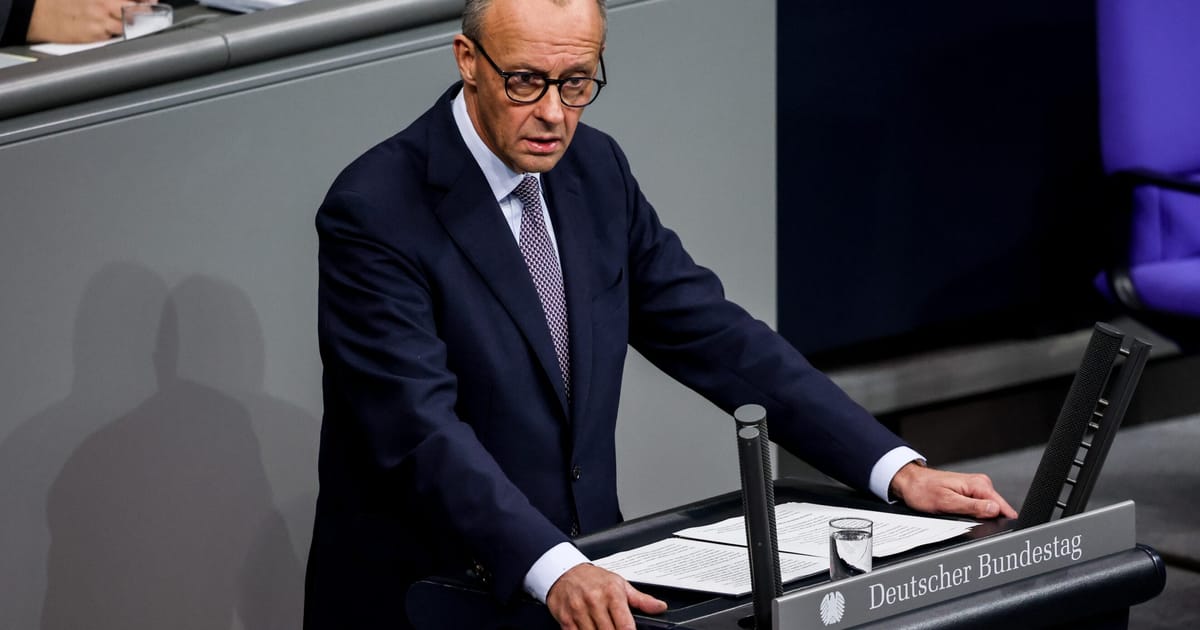Merz has been under rising political pressure at home to do more to address Germany’s economic malaise. Following two straight years of economic contraction, economists expect little if any growth this year, in part due to U.S. President Donald Trump’s tariff policies, which hit Berlin’s export-oriented economy particularly hard. German business leaders are now urging the chancellor to undertake bolder reforms to stimulate growth.
Merz’s centrist coalition has vowed to undertake labor market and welfare reforms. But in recent weeks, Merz has increasingly pointed the finger at Brussels, urging the bloc to cut red tape for business, strengthen the EU’s internal market and strike more global trade agreements.
“We do not have a problem with awareness in Europe; we have a problem with implementation,” Merz said Thursday. “I therefore intend to raise this implementation issue again with our European partners. And once again, this primarily concerns the competitiveness of our European economy.”
Merz suggested a plan of action is already on the table, referencing two studies by former Italian prime ministers Mario Draghi and Enrico Letta on proposals to deepen the EU’s internal market and enhance competitiveness. “These two reports must not disappear into the filing cabinets of the European Commission,” Merz said. “They now belong on the European Union’s agenda.”
Merz called on the Commission to negotiate more EU-only trade agreements with nations and trading blocs around the world. He also urged the EU to sign off on a trade agreement with the South American bloc of Mercosur countries before the end of the year.
